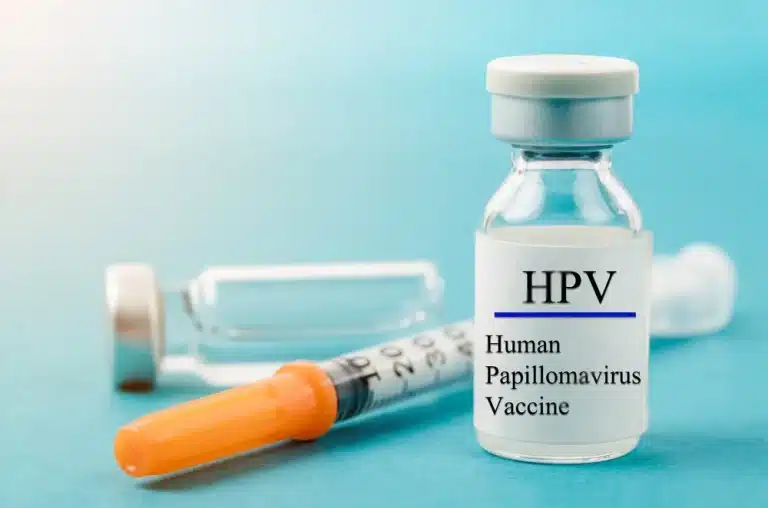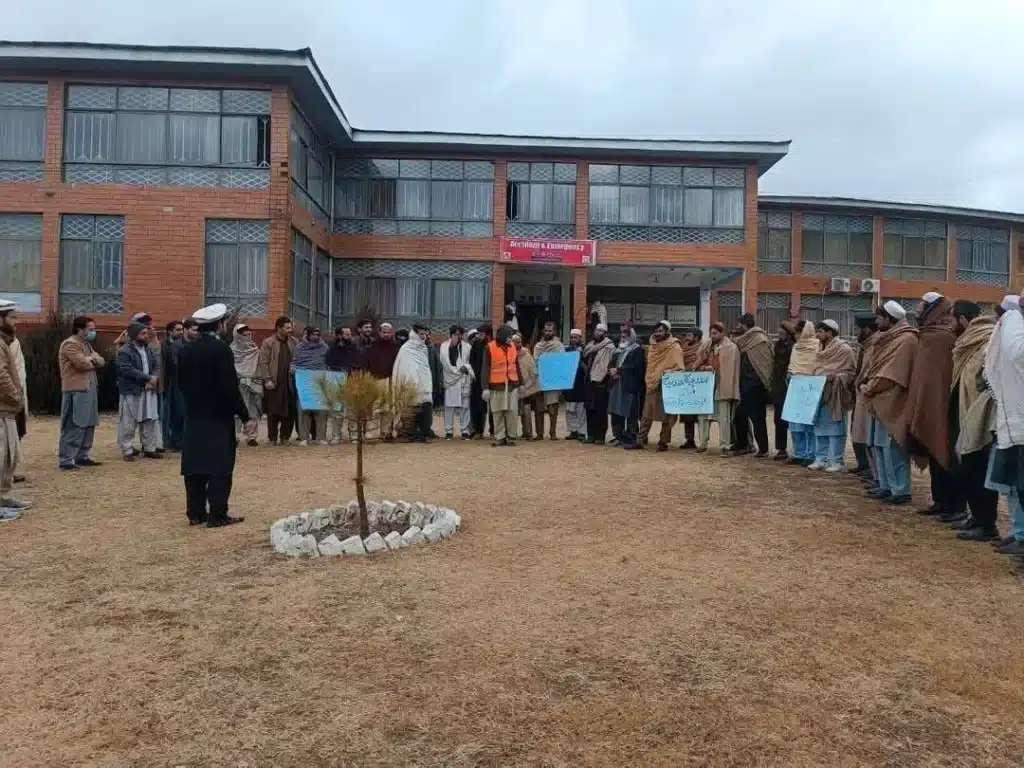ISLAMABAD: Cervical cancer, one of the most preventable yet deadly diseases, is rising at an alarming rate in Pakistan, where more than 5,000 women are diagnosed and over 3,000 lose their lives each year, as health authorities and international partners now launch the country’s first HPV vaccination campaign in September 2025 to protect millions of girls against the virus.
Pakistan currently has an estimated 68.6 million women aged 15 and older at risk of developing cervical cancer. The disease ranks as the third most common cancer among women in the country and the second most prevalent among women aged 15 to 44. Despite its severity, awareness remains alarmingly low, and stigma surrounding women’s reproductive health discourages many from seeking timely diagnosis and treatment.
The primary cause of cervical cancer is the Human Papillomavirus (HPV). In Pakistan, about 0.5 per cent of women in the general population carry HPV types 16 or 18, which account for nearly 88 per cent of invasive cervical cancer cases.
However, late detection has resulted in a staggering mortality rate of 60 to 85 per cent, far higher than in many other countries. Medical experts emphasise that regular screening and HPV vaccination are the most effective ways to curb this disease, but these measures have been slow to reach communities.
For years, Pakistan lacked a national strategy to address cervical cancer. Screening programs were inconsistent and largely unavailable in rural areas, where health facilities often lack trained staff and laboratory support. Social taboos around reproductive health further contributed to the underreporting of cases and delayed care. As a result, thousands of women lose their lives each year to a disease that could have been prevented.
To counter this crisis, the government, with support from international health organisations, has launched Pakistan’s first nationwide HPV vaccination campaign. The campaign, beginning in Sindh in September 2025, will target around 4.1 million girls aged 9 to 14, aiming to protect exposure to the virus. Routine vaccination is scheduled to begin in January 2026, with gradual expansion to Punjab, Islamabad, Azad Kashmir, Khyber Pakhtunkhwa, Balochistan, and Gilgit-Baltistan by 2027.
Alongside vaccination, nearly 49,000 health workers are being trained to spread awareness, educate families, and administer vaccines effectively in both urban and rural areas.
Health experts stress that vaccination alone will not be enough. Awareness campaigns, affordable screening, and strengthened cancer registries are equally critical to reducing the national burden. In many cases, women are unaware of the availability of simple tests like PAP smears or HPV screening, while in others, facilities lack the infrastructure to conduct them. Without addressing these systemic gaps, the disease is likely to continue taking lives, particularly in underserved areas.
Cervical cancer is one of the few cancers that can be prevented with vaccines and detected early through screening. In Pakistan, where cultural stigma and health inequities remain barriers, breaking the silence around women’s health is essential.
Each preventable death represents not just a number, but a family torn apart. Public health advocates insist that with the right mix of education, prevention, and care, thousands of lives can be saved but the time to act is now, before the statistics climb even higher.





